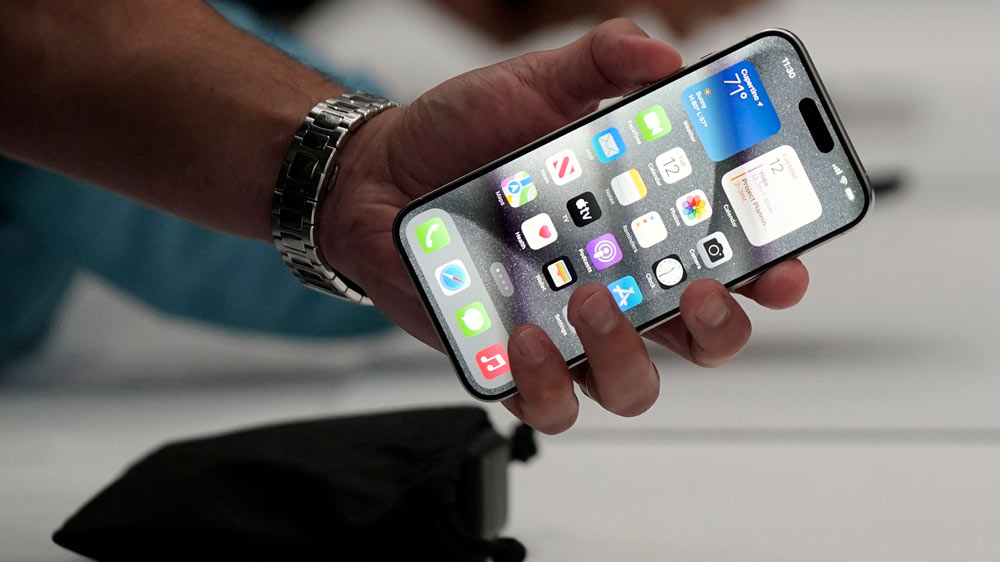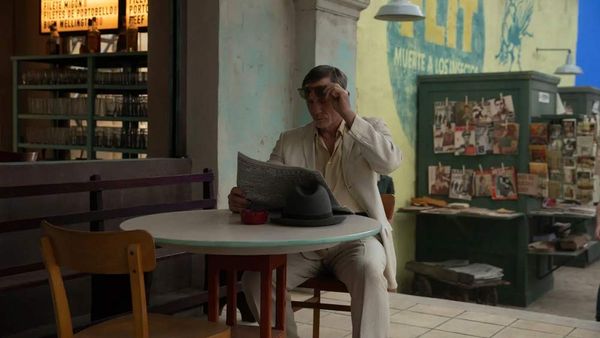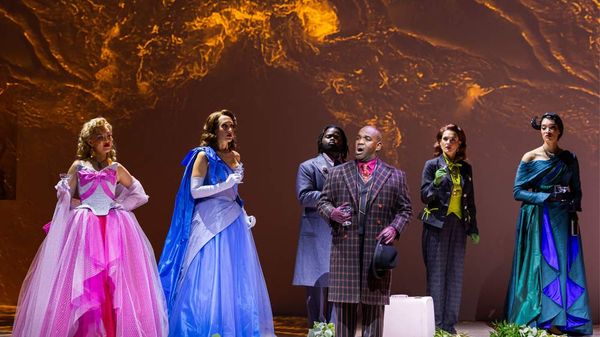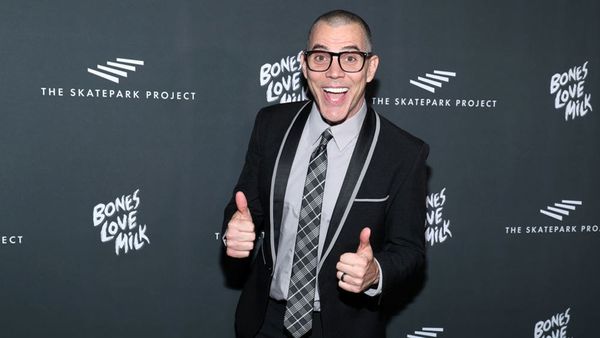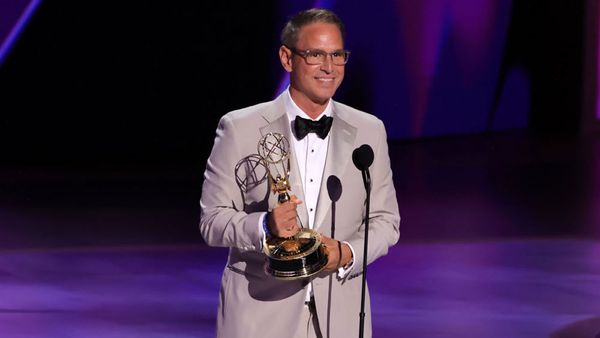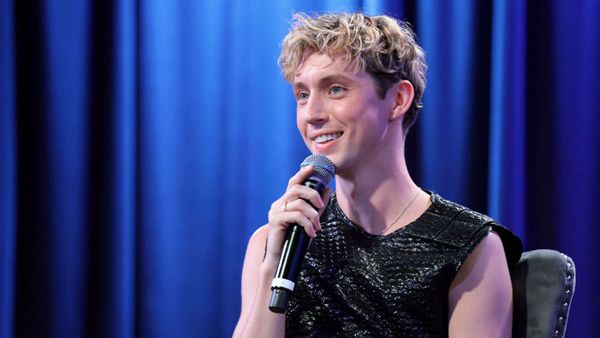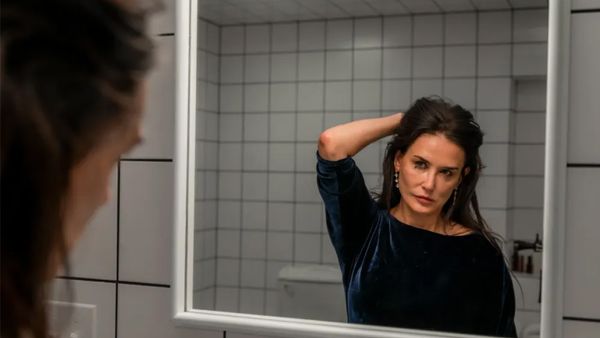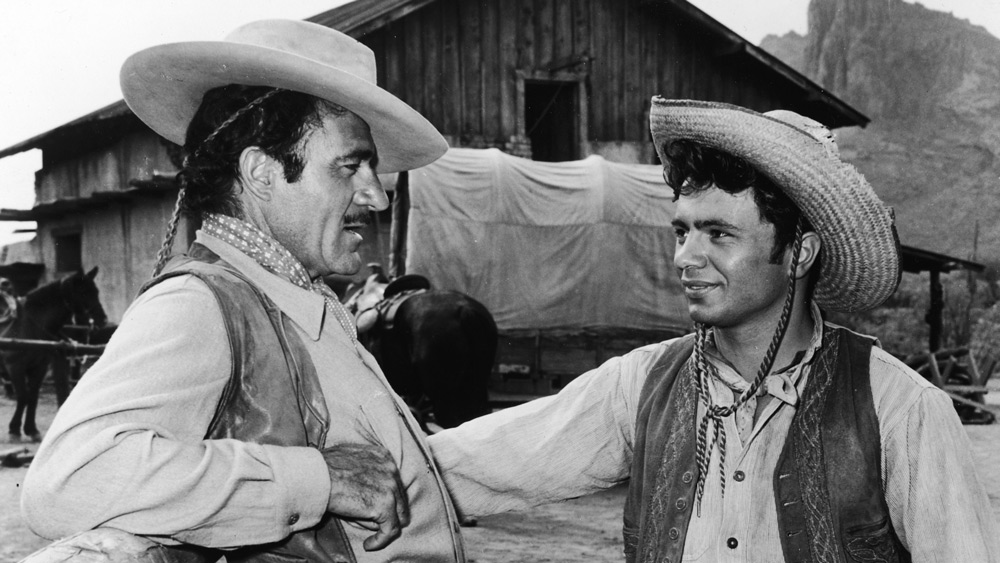
Aug 28
How Queer Was the Wild West? Plenty, Historians Say
Kilian Melloy READ TIME: 3 MIN.
The Wild West wasn't all six-shooters, saloons, and tough-as-rawhide cowboys herding cattle along dusty trails. As with today's gay rodeo scene, queer people were part of the mix, too, and some of them were indeed as tough as rawhide. Historians like Amanda Timpson bring the details.
"From the Ancient Greeks to Vikings, South Asia's Hijra communities to a gay man basically winning World War 2," The Focus reported, the LGBTQ+ community has always had a presence in human society and we're not just part of the modern world; we're part of the fabric of history. All history. Including that epoch of pushing the frontier ever westward that America loves to romanticize.
"While the subject is more complicated than a simple yes or no, with our understanding and language on sexuality having evolved considerably," The Focus acknowledged, "male-on-male intimate interactions are well recorded across history, particularly in rural locations."
For instance: "One particular mining facility in rural Southern California hosted stag parties where men would dance with one another," the site noted, "and even wear a patch on their crotch to symbolize their role as the 'woman' in the relationship."
Attempts to straightwash history have not erased queer people like William Drummond Stewart, the site relayed, "a Scottish adventurer and British military officer who emigrated to the US in 1832."
"Though he did marry a woman and even give her a child," The Focus said, "William was known to have been engaged in a homosexual relationship with French Canadian-Cree hunter Antoine Clement for 10 years!"
Then there was Harry Allen, a hard-living transgender man who gives the lie to the idea that trans people are somehow the invention of the internet.
Among his activities, Allen "was working as a bartender and taking part in a sort of saloon league fight club," the site quoted Timpson, the historian, as saying.
"Allen was an extremely skilled fighter, both in the ring and in the street," Timpson added. "He was known to fight the police every time he was arrested, which was a lot."
Though his career was full of different jobs in addition to his criminal activities, Allen "was also a gifted singer and poet who could play several instruments," The Focus noted, before adding that he had a soft spot for "strays from the streets including brothel workers."
But don't let that note of romanticism fool you: Allen definitely ran with a bad crowd. He "associated with one of the most renowned criminals of the era, Edward 'Black Jack' Morse," The Focus detailed.
Timpson isn't the only historian to challenge contemporary myths about a heteronormative frontier landscape in the 1800s. While conservatives who know little about actual history might rage about Ang Lee's iconic film "Brokeback Mountain" depicting queer cowboys in Wyoming in the 1960s, the 1860s and earlier were populated with their share of queer cowboys, Heather Klempnauer Miller says in a research paper from 2021.
Citing the Wild West-themed stories of James Fenimore Cooper – who, Miller writes, both mythologized the West as a place of American masculinity and also accurately depicted erotic same-sex relations between men on the Western frontier – Miller points out that Cooper's writings were "reflective of historical records indicating the presence of homoerotic relationships among cowboys in the frontier west, in keeping with Cooper's assertion that these stories were inspired by tales he had been told by actual cowboys."
Miller said that "Cowboys often served as their partner's only human connection during the long periods on the range and relied on one another for their very survival." In so doing, they "developed strong relationships" that included "sexual intimacy from their few companions on the range".
Moreover, "engaging in male-male sex did not necessarily mean that a cowboy had to rethink his sexual identity," while "among other largely male communities isolated from women, such as loggers, miners, and sailors, male-male sexual relationships were relatively common," Miller said. (Note: Hyperlinks in this and the preceding paragraph link to research cited by Miller.)
Dr. Eric Cervini, an out historian who has written about the presence of queer people throughout history, hosted the Discovery+ series "The Book of Queer," which opened little-known volumes of the past to explore the heyday of the American West, and the presence of queer individuals at the heart of what has become one of America's foundational myths.
Yes, we're queer and we're here – but we've also always been here, from ancient Egypt and classical Greece, to the Wild West, to this very moment.
Kilian Melloy serves as EDGE Media Network's Associate Arts Editor and Staff Contributor. His professional memberships include the National Lesbian & Gay Journalists Association, the Boston Online Film Critics Association, The Gay and Lesbian Entertainment Critics Association, and the Boston Theater Critics Association's Elliot Norton Awards Committee.
